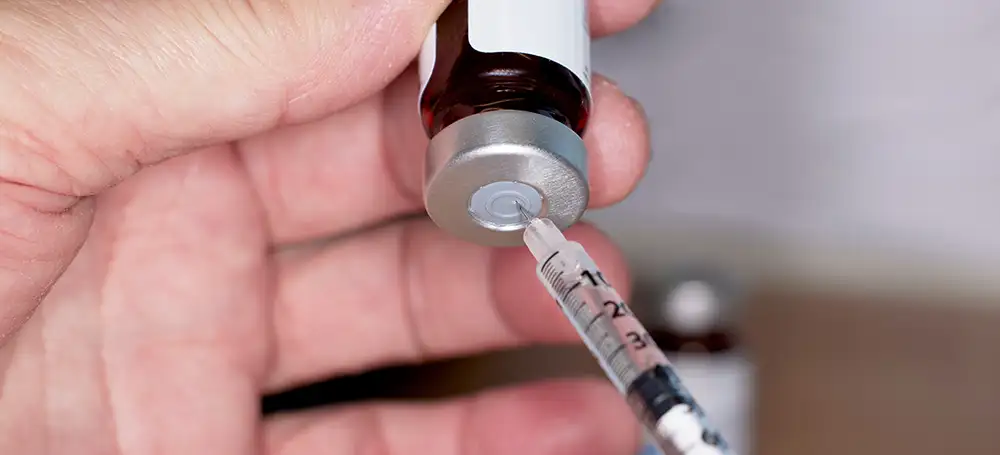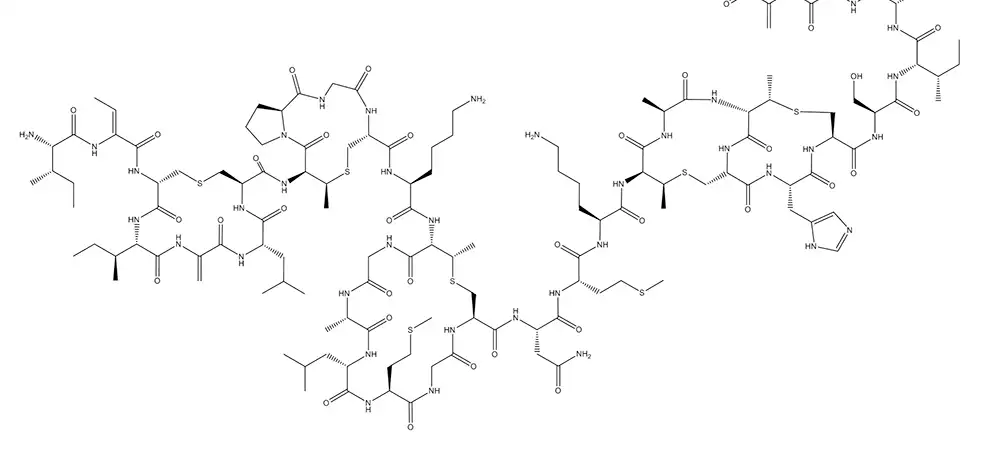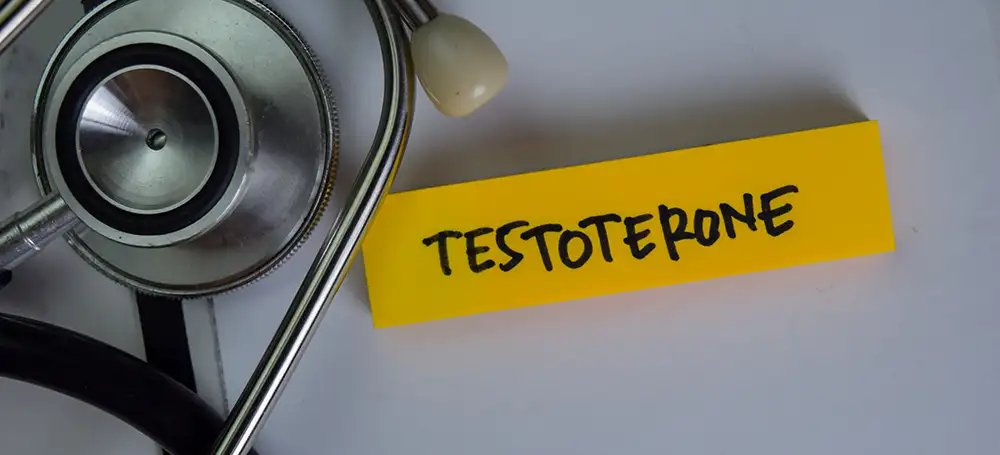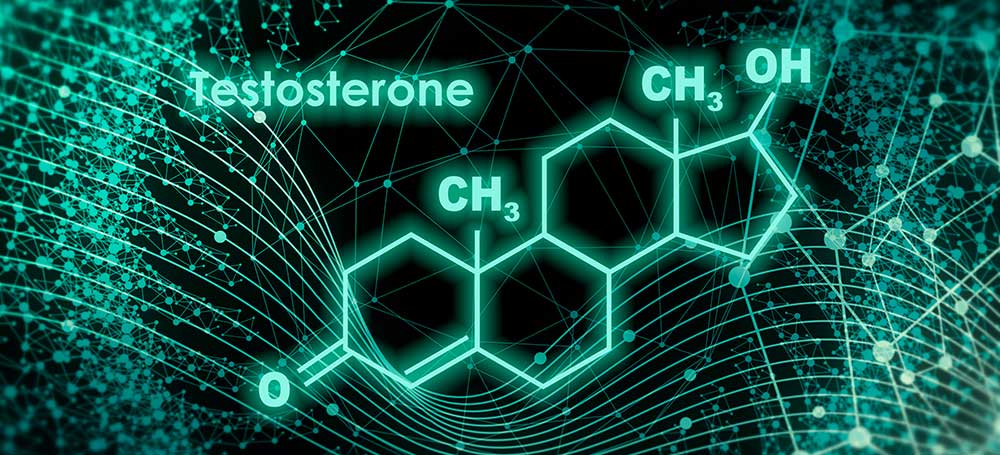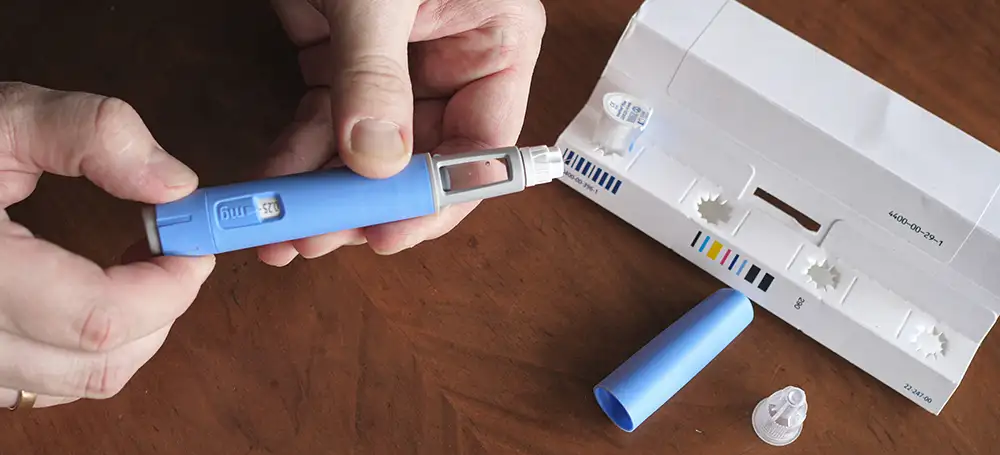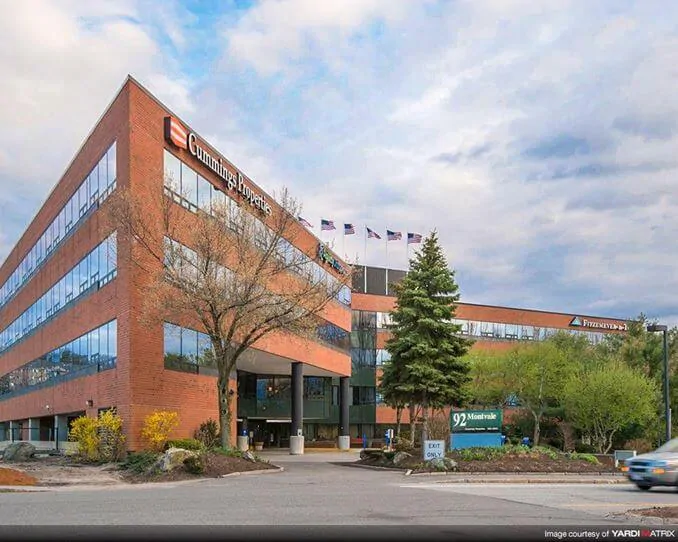Does Low Testosterone impact aging men in the same way as women experience Menopause? Male Menopause Real?
Male Menopause is something that many men are experiencing as they reach middle age. And while it is a catchy name, are hormone changes in men responsible for creating the symptoms similar to female Menopause?
Clinically, Male Menopause is more of a description of a set of symptoms than it is a true diagnosis, but there is no denying that hormone dips in men cause a variety of symptoms that can mimic many of the common symptoms in Menopause.
Declining Hormones Cause Physical, Sexual and Mental Symptoms
In women, when ovulation ends, their hormone production begins to nosedive during a relatively short period of time in what is knowns as Menopause. It can cause a variety of sexual, physical, and emotional symptoms that can range from annoying to debilitating.
For men, the decline in their primary sex hormone -Testosterone – isn’t nearly as rapid, but many of the symptoms men have are similar enough that many have begun to identify it as “Male Menopause.”
While it is natural to have a slight decrease in testosterone as a man ages, men who are experiencing the symptoms of Low T may begin losing as much as 1-2% every year, beginning as early as their mid-thirties. Men in their 50’s50’s may produce up to 30% less testosterone than they did back in their heyday.
What is male Menopause?
“Male Menopause” is the term used to describe ` set of physical, sexual, and mental health symptoms that affect men as they get older. They mirror many of the symptoms that are found in women of the same age who are experiencing Menopause.
The androgen decline in aging men is sometimes referred to as andropause, but the clinical term for it is hypogonadism or Low Testosterone (Low T). Some of the symptoms of Low Testosterone include irritability, loss of muscle tone, weight gain, sex drive and function, problems sleeping, depression, fatigue, and loss of strength. It may even include hot flashes.
Male Menopause Symptoms
A faster than a normal reduction in Testosterone production can be detected by your doctor, and it is the primary cause of many of the symptoms consider the male equivalent of Menopause in women. These can include:
Sexual Symptoms of Male Menopause
- Erectile dysfunction, or inability to achieve or sustain an erection
- A decreased sex drive or libido
- Infertility and impotence
Mental Symptoms of Male Menopause
- Depression
- Anxiety
- Fatigue
- Insomnia
Physical Symptoms of Male Menopause
- Reduced muscle tone
- Increased body fat
- Decreased bone density
There are several other medical conditions that can cause these symptoms in older males including heart disease, obesity, high blood pressure, and type 2 diabetes. That is why Boston Testosterone does a thorough panel of laboratory tests and conducts 1-on-1 consultations to rule out any medical problem that may be exacerbated by starting a Testosterone Replacement Therapy regimen to treat Male Menopause (more on this below.)
Can The Lunar Cycle Impact Testosterone?
There’s also a long-held theory men’s emotions are linked to lunar cycles in the same way as women’s menstrual cycles. One recent study claims to have found some preliminary evidence that there may be a link between the lunar cycles and men’s hormonal levels.
Researchers in Qatar and Tunisia claim that and during the Full moon, men experienced a drop in their testosterone and an increase in the stress hormone cortisol in their blood. Symptoms of these changes in hormones included an increase in anxiety and insomnia in men.
The study compared blood samples from men take at the new moon and full moon.
While there is certainly further study required to confirm this, the researchers hypothesize that the moon’s gravitational pull was creating “tidal” changes in the body and brain. Another possible explanation was that solar radiation reflected by a full moon could cause changes in brain activity and blood chemistry.
“Our study confirms for the first time that the lunar cycle affects the hormonal and hematological profile of humans,” said Ismail Dergaa, co-author of the study.
While far from something that will be in next year’s medical textbooks, it’s another interesting footnote indicating the similarity of the impact that hormones can play in both men and women’s well-being.
Perhaps you’re experiencing similar symptoms – it may not be the full moon or male menopause – and that is why it is important to have a qualified physician diagnose any medical condition before considering treatment.
How Can I Get Tested for Low T?
Dr. Michael Zachareas, is a board-certified urologist and men’s health expert. “Dr. Z” as he is known to his patients, has helped thousands of men treat the symptoms of Low T.
His experience has helped Boston Vitality to develop a thorough, clinical protocol to quickly, easily, and discretely diagnose and treat the symptoms of Low T.
The first step is a simple blood test. Boston Vitality has partnered with two of the premier diagnostic labs in the U.S., Quest Diagnostics and LabCorp. With one call to our office, our professionally trained staff will help you find one of the 100’s of lab locations in and around Boston, and you can schedule a quick and simple blood draw at your convivence.
Testosterone Replacement Therapy for Male Menopause
You and Dr. Z will review your symptoms, medical history, and your goals. If your consultation or blood draw confirmed that you have “Male Menopause” or Low T, we will work with you to customize a Testosterone Replacement Treatment (TRT) regimen specifically for you. TRT is proven to help men with Low Testosterone return to normal levels and help treat many of the symptoms mentioned above (and more). If you do qualify, Boston Vitality will ship your treatment right to your mailbox. Discreetly packaged to protect your privacy, your treatment can begin as quickly as a day or two, depending on where you live. This eliminates trips to the pharmacy and promotes social distancing.
Get Started With TRT Treatment Today
To learn more about Testosterone Replacement Therapy in Massachusetts, call Boston Vitality today and learn how we can help improve your physical, mental, and sexual health. Call our office at 781-399-LowT (5698) today.




